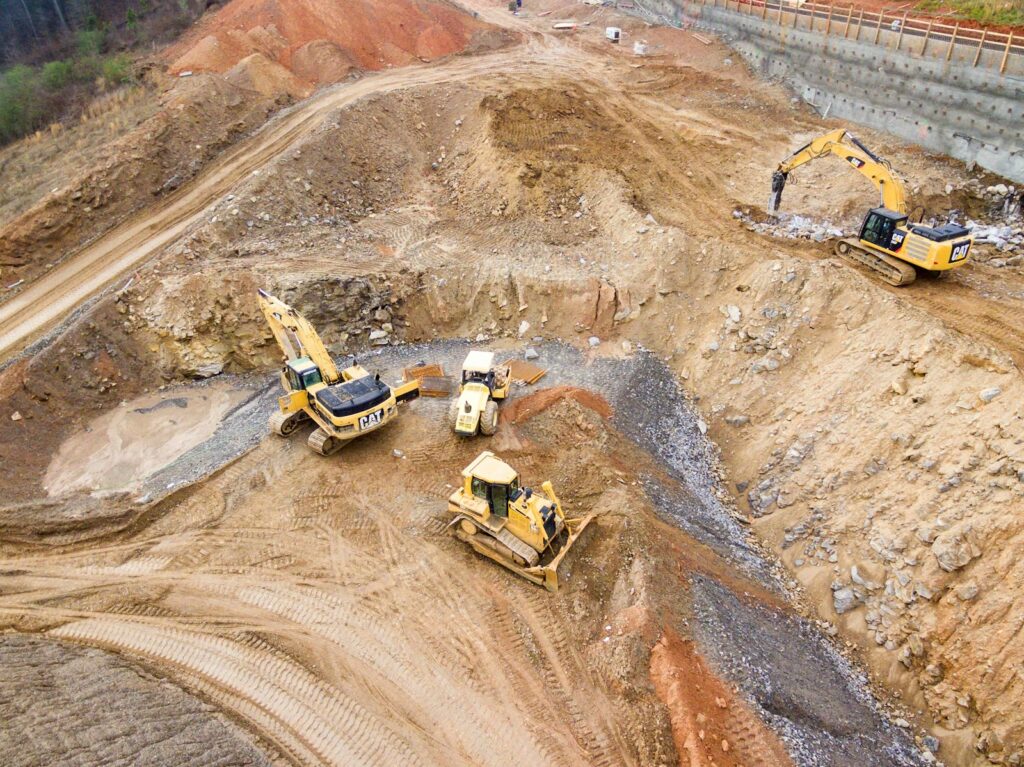COP26 has been and gone, but what has it achieved? Paula Hewitt, President of ADEPT, talks about the recent conference and looks at the next steps for local authorities.
COP26 was described as a ‘critical summit for global climate action’ – however, there was no definitive result following the conference and reactions have been mixed.
Although the Prime Minister rated its success as 6 out of 10, we will have to wait and see, to reflect on what has been agreed, and see how the various pledges translate into practical actions. But the pace of the event was rapid, and each day had a different focus, bringing a new round of announcements and commitments with varying groups of nations signing up to them.
One of the most eye-catching and exciting announcements was the pledge by over 100 countries – with 85% of global forests between them – to end deforestation and reverse land degradation.
This was reinforced with other commitments to bring forward green innovation in agriculture and promote more sustainable land management practices. There was a welcome UK dimension to this, with five of our biggest supermarket chains signing a joint commitment to halve the nature and climate impacts of food systems by 2030.
Another positive aspect was the day focused on national and international financial systems, where Rishi Sunak spoke about rewiring the global financial system for net-zero.
In the UK, all large businesses and public bodies will be required to report climate-risk-related information from next April and required to develop verifiable net-zero transition plans by the end of 2024.
In addition, 40% of the world’s financial assets are now said to be managed by institutions that have signed up to a net-zero alliance.
With energy generation, more than 190 nations agreed on a range of actions to phase out coal power from major economies by 2030, and by 2040 for the rest of the world. However, this was overshadowed by the last-minute coup by India and China to dilute the wording of the coal commitment in the final version of the Glasgow Climate Pact.
It was disappointing that there wasn’t more of a focus on the significance of local government at COP26.
The nearest thing was the Cities, Regions and Built Environment Day on 11th November which focused on sub-national collaboration to deliver a net-zero and resilient built environment. Over 1,000 cities and local councils globally are now participating in the UN’s Race to Zero campaign.
So what does it all mean for local authorities here in the UK?
Let’s go back a little and revisit a couple of important steps in the run-up to COP26.
The government’s Net Zero Strategy, finally published last month, was welcomed by the Climate Change Committee as a good start by setting out how the government will tackle some of the major challenges in the transition to net-zero.
The chapter on local climate action gave commitments on how central and local governments interact in the delivery of net-zero. It sets out how a Local Net Zero Forum will be established to bring together national and local government senior officials to discuss policy and delivery options. It also how places will be supported with their capability and capacity to meet net-zero. We look forward to seeing these commitments backed up with more detailed action plans.
The following week’s Budget was less positive – the Chancellor’s speech was notable for what was left out, without a single mention of climate, nature or biodiversity. Indeed, carbon was only mentioned once, and that in the context of cutting air passenger duty for domestic flights (but raising it for very long-distance international flights).
What are the next steps for ADEPT?
The last month has underlined our view that national and international targets cannot be met without the work of local authorities. No one else has the place-based perspective, the levels of trust or ability to provide targeted support that will bring together partnerships from across different sectors to encourage and enable the changes we all need to make.
Although COP26 didn’t focus on the role of LAs as much as we would have liked, we will collaborate with a wide range of partners as we roll up our sleeves and work to bring the local climate action chapter to life. Central to this is the Blueprint Coalition with our local government, environmental and academic partners. The Coalition will review its strategy and priorities in light of the events of recent weeks.
Our workshops with civil servants in recent months will provide a good platform for helping to establish the Local Net Zero Forum. Environmental protection, green finance and energy are all elements that Local Authorities can help deliver – ADEPT will work with our own members to update our policies and provide the best support for them to deliver locally.
















